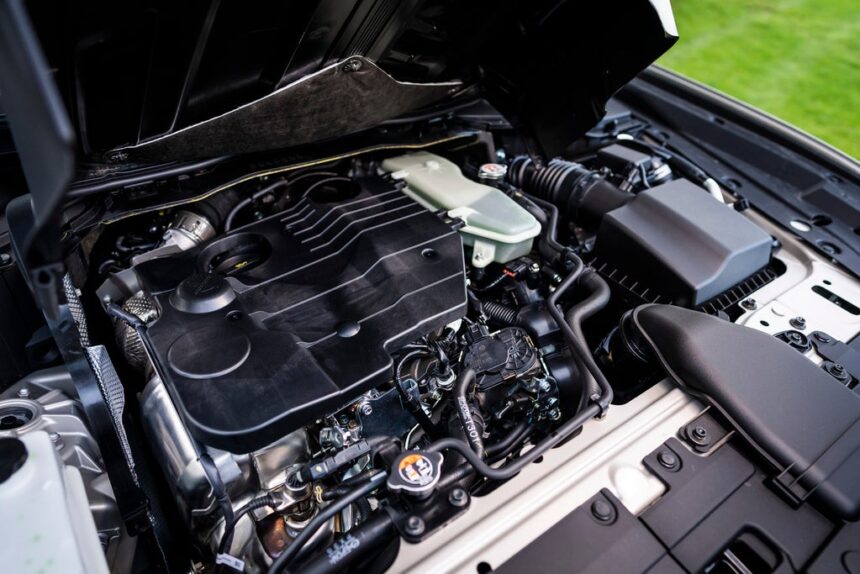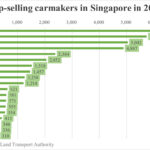A recent report on the diesel car market in Western Europe revealed that in December, diesel car sales accounted for 12.1% of new car sales, a decrease of 1 percentage point from the previous month. The full-year share settled at 14%, which is 1.8 percentage points lower than the 2023 figures.
Throughout the year, a total of 1.62 million diesel cars were sold in the region, marking a decline of 210,000 units compared to the previous year. The decline in diesel car sales has been consistent, with a loss of three percentage points in market share each year since 2023.
The month of December saw a surge in sales of battery electric vehicles (BEVs), particularly in the UK, where automakers were striving to meet Zero Emission Vehicle (ZEV) sales targets. This emphasis on electric vehicles had a negative impact on sales of internal combustion engine (ICE) vehicles across EU markets, a trend that is expected to continue as automakers work towards meeting stricter average CO2 emissions targets in 2025.
SUVs emerged as the most popular body type among diesel car sales in the region, constituting 51% of new car deliveries in 2024. Among SUVs, medium-sized models were the most sought-after, with C-segment and larger SUVs dominating the diesel car market to the extent of 96%. Diesel cars have become nearly nonexistent in the B-segment and below.
The data presented in the report underscores the shifting landscape of the automotive industry in Western Europe, with a clear trend towards electric vehicles and a decline in traditional diesel car sales. These insights are crucial for automakers, policymakers, and industry stakeholders as they navigate the evolving market dynamics.
This article was originally published on GlobalData’s Automotive Intelligence Center, offering comprehensive research and analysis on the automotive industry. For further insights and detailed company profiles, readers can access the platform to gain a competitive edge in the market.







